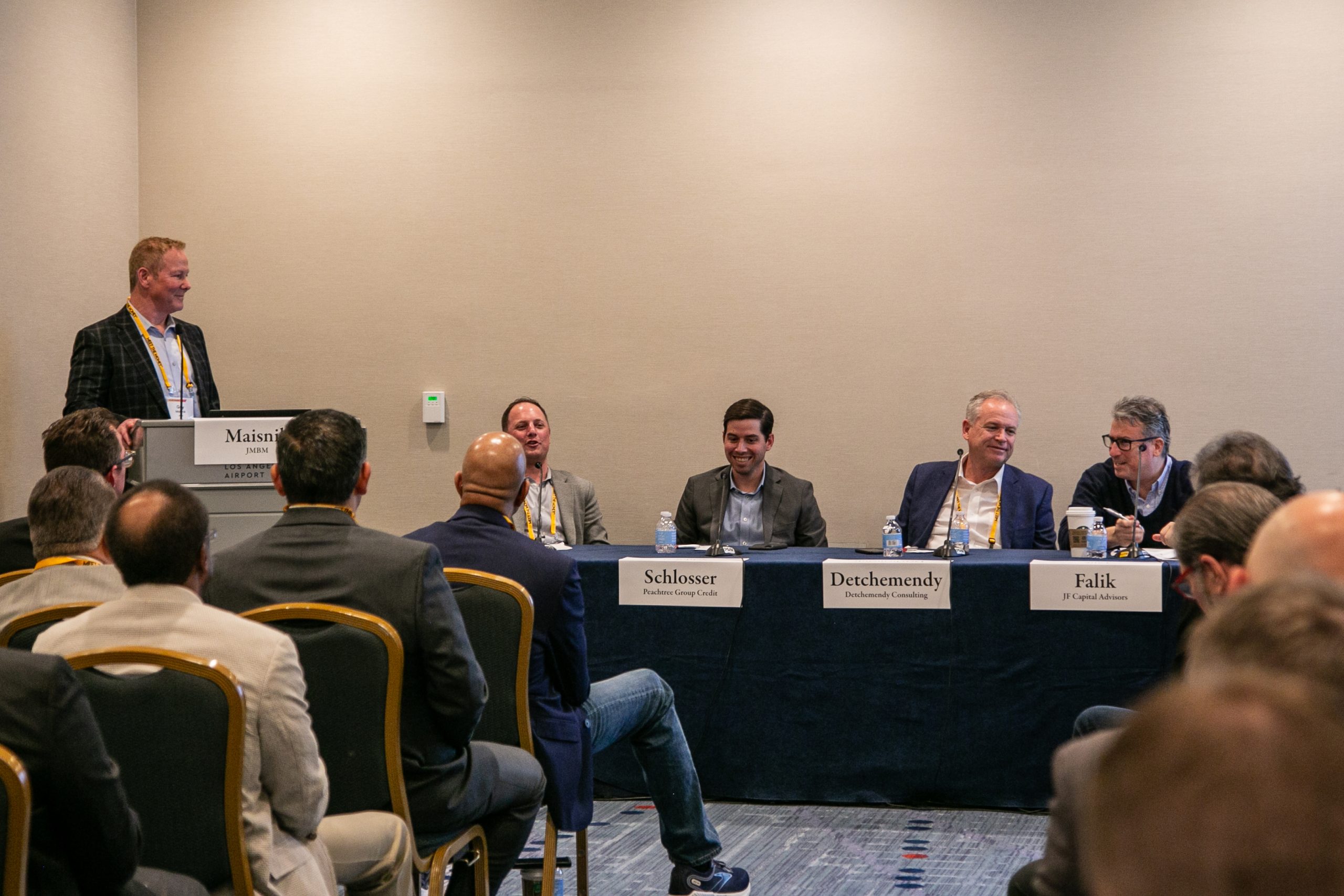13 June 2024
See how JMBM’s Global Hospitality Group® can help you.
Click here for the latest articles on Junk Fee Litigation.
Note: If you are a consumer with a Junk Fee issue, please do NOT contact us! We do not represent consumers. We represent owners, developers, lenders, and management of hotels, restaurants, and other hospitality-related properties. We advise them on litigation, labor, regulatory compliance, contracts, transactions, financing, development, and strategies.
HR 6543: The US Congress wants in on Junk Fee regulation for hotels
Over the past several weeks, we have written about recent major regulatory developments concerning Junk Fees, Hidden Fees, and Drip Pricing:
- California’s SB 478, The California Junk Fee Law, Honest Pricing Law, Transparent Pricing Law or Hidden Fees Statute
- California’s proposed SB 1524, which will carve out an exception for the restaurant industry from the application of SB 478, and an update on its
- FTC’s proposed rule on Unfair or Deceptive Fees, adding Part 464 to 16 CFR, defining junk fees and drip pricing to be unfair or deceptive acts or practices under Section 5(a)(1) of the FTC Act (15 U.S.C. 45(a)(1)
We now turn our attention to the very latest – the Federal proposed “No Hidden FEES Act of 2023”.
The House passes HR 6543 and enters the ring to regulate Junk Fees
for hotels and short-term lodging
by
Mark S. Adams
Hotel Dispute Lawyer, Partner & Senior Member
JMBM’s Global Hospitality Group
On June 11, 2024, the United States House of Representatives passed HR 6543, the so-called “No Hidden FEES Act of 2023” which introduces federal regulations aimed at enhancing transparency and fairness in the advertising of hotel room and short-term lodging prices. A critical component of this Act is its preemption clause, found in Section 4(a), which establishes a national standard prohibiting states from enforcing any laws that conflict with the federal mandate. This provision has significant implications for state regulations, such as California’s SB 478, which also aims to protect consumers from hidden fees in various transactions. The scope and application of this preemption clause are essential for assessing how state laws will be affected and ensuring compliance with the new federal standards.
Below, we compare the No Hidden FEES Act of 2023 to the Proposed FTC Rule on Junk Fees and California’s SB 478: CONTINUE READING →






